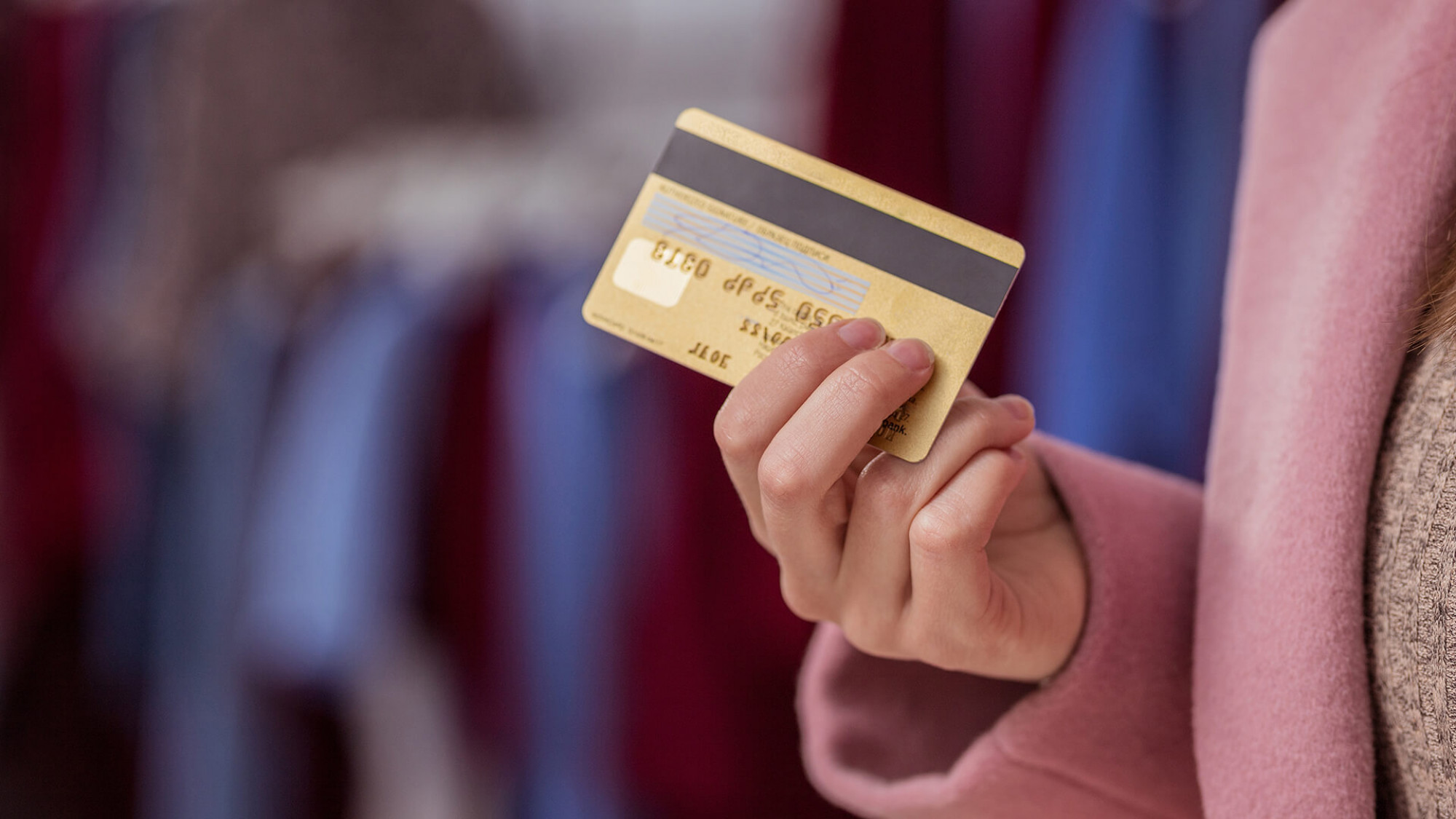Credit cards are a safe way to buy what you need today, but prefer to pay for later. Credit cards can be used for your benefit, but irresponsible use can have a negative effect on cardholders in many ways.
It is important to learn what the pros and cons are because you want to protect your financial wellbeing whether you are a credit cardholder or intend to apply for one in the near future.
Credit Card Pros.
Create Accounts: The credit card issuer must inform the credit offices about the monthly bill. This information is used by the credit office to calculate your credit score, so that your credit card can help you build credit and increase your credit score. However, if you want your credit card to have a good effect on your credit, you want to make sure that you pay proper diligence to how much you spend on the balance owed.
Earn Rewards / Points: Certain credit cards offer rewards or points when buying. For example, for every $1 spent, some credit card companies will provide card holders 10 points. The cardholder can pay the points for cash, gift cards, miles for airlines, hotel stays, etc when a certain amount of points have been reached.
Convenience: Not everyone has cash to buy every day. Like a gift card, a credit card is readily available anytime you choose to pick up food from your local supermarket, coffee from your local café or pet food. You can also easily track these purchases and keep track of your expenditure using the online account portal.
Cash advance: cardholders who choose to use cash rather than their card will get cash advances. Cardholders should be aware that this cash access is at a price and should therefore anticipate paying interest on the cash advance.
Credit card cons.
Increased debt: You add debt when you open a credit card account. When you swipe your card with each transaction you make, the amount you owe will vary continuously. Some people find it impossible to keep up with bills as their debt grows. The absence of payment by credit card will ultimately affect them in other ways, including a reduction in your credit score.
Payments: There are a variety of fees involved with credit cards. You must be vigilant that while certain payments can be skipped quickly, costs can apply irrespective of whether you want to use your card. For example, most cardholders are required to pay a yearly charge that varies according to the credit card. Nonetheless, if you keep track of your credit balance and the bill due date, late payments and excess payments will be avoided.
Interest: If your credit card bill is due, interest may be part of the balance you owe on your credit score. Basically, you will have to pay interest for the purchase if you purchase an item and do not pay the entire balance before the date of payment. This means a transaction of 50 dollars will cost you 75 dollars.
Credit cards have a bad reputation, but this responsibility can be handled properly and wrongly. If you want to get the most out of it, the proper management of your credit card is essential. And while a credit card is disadvantageous, is the good the bad if you use your card responsibly?

